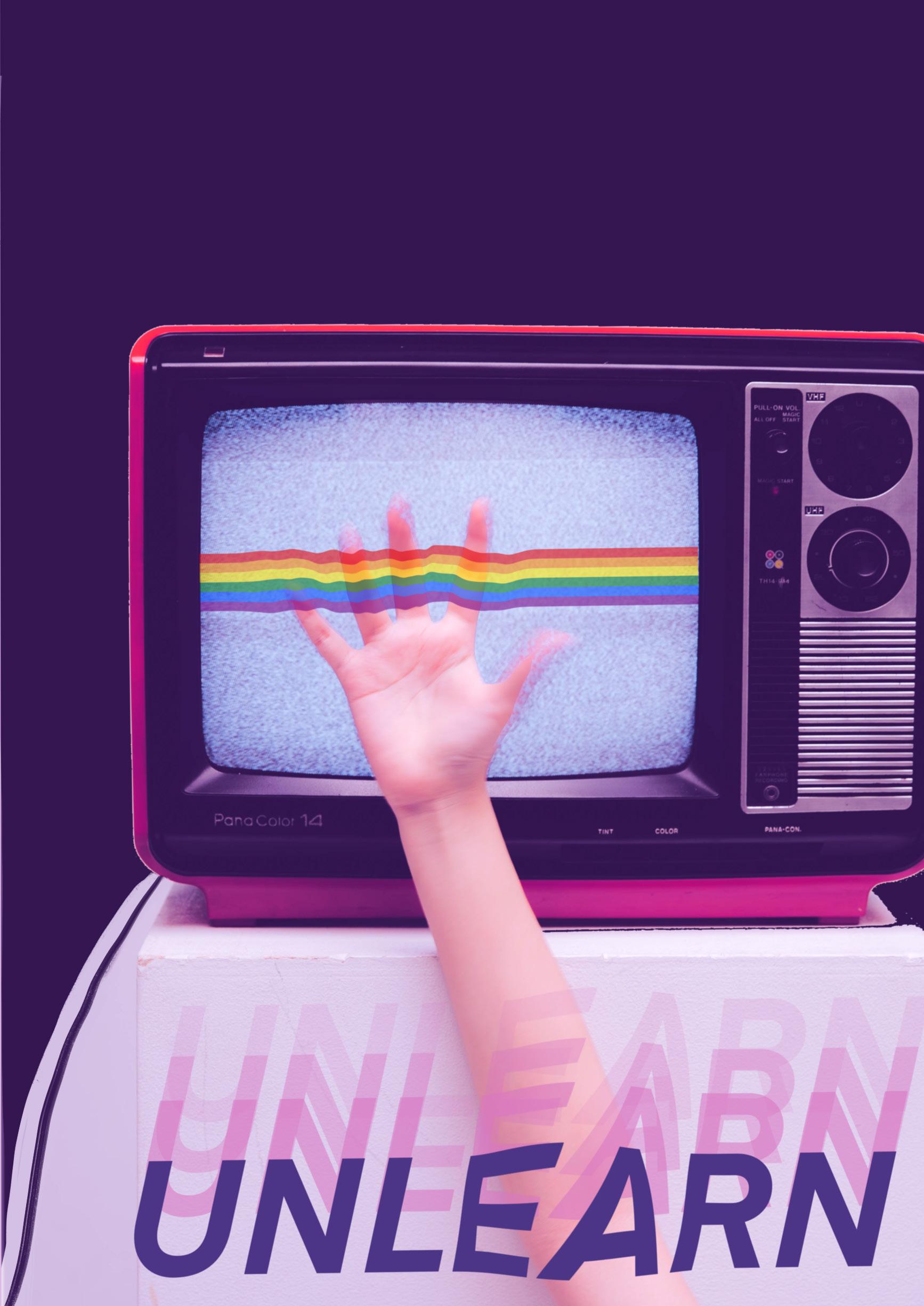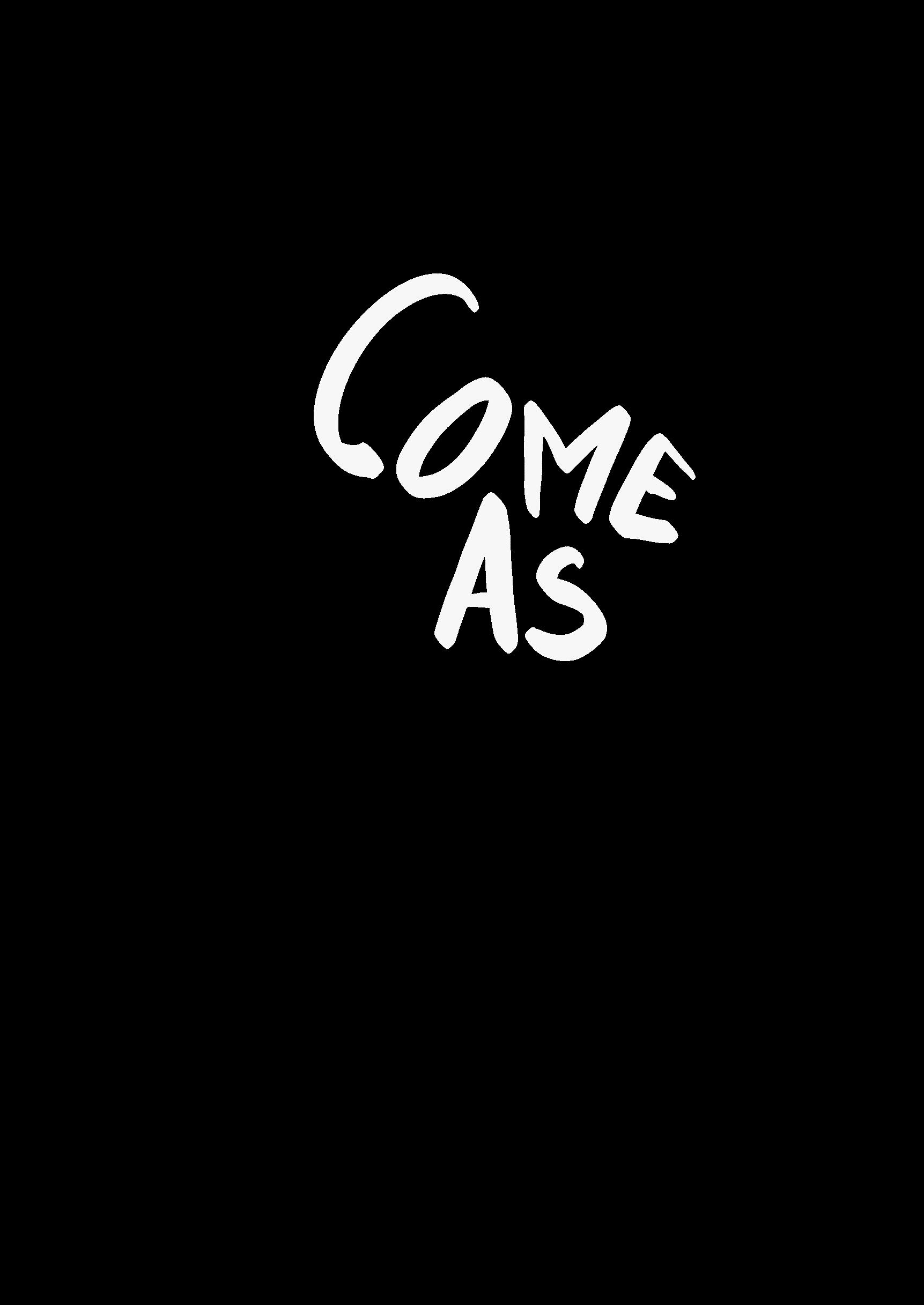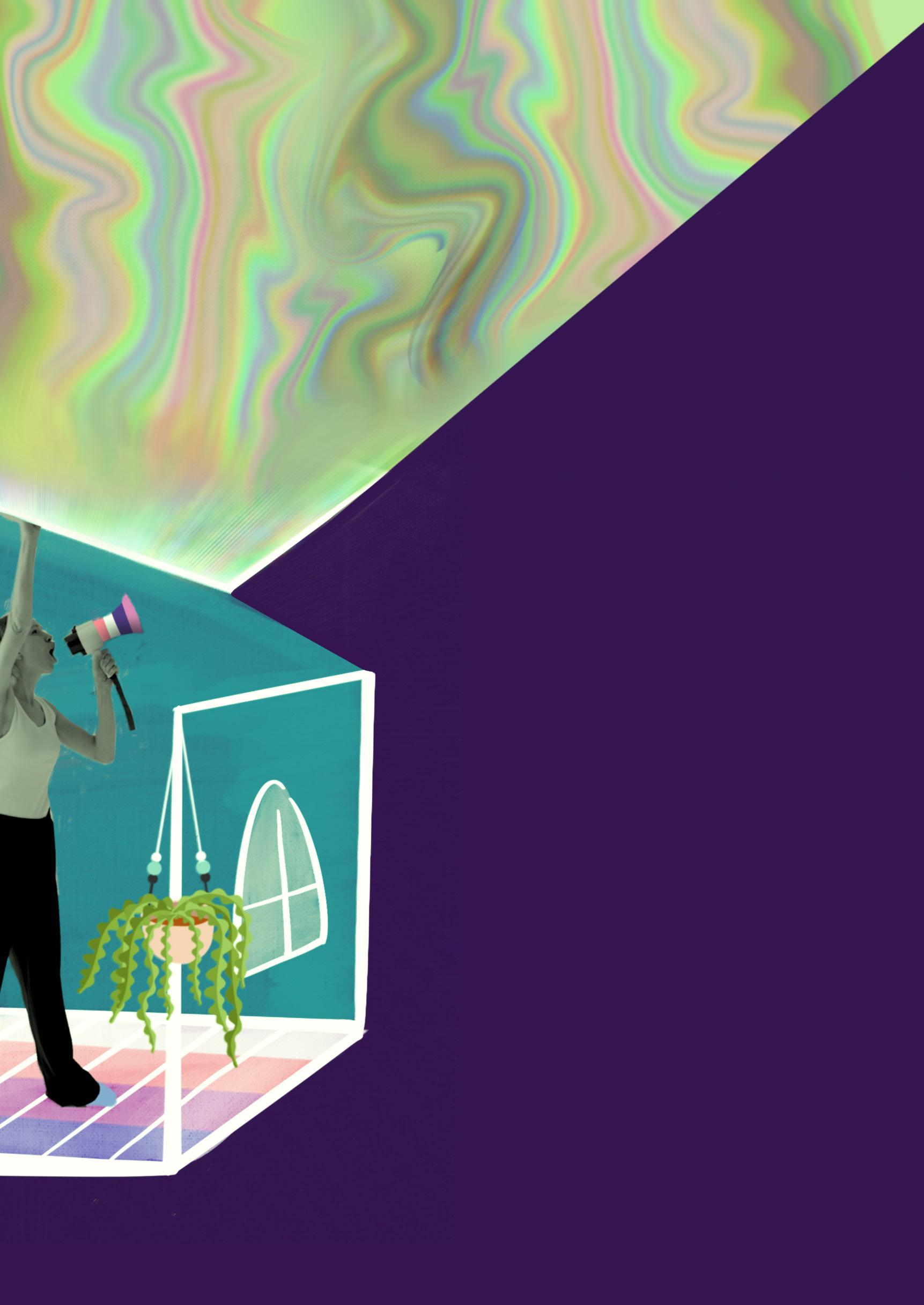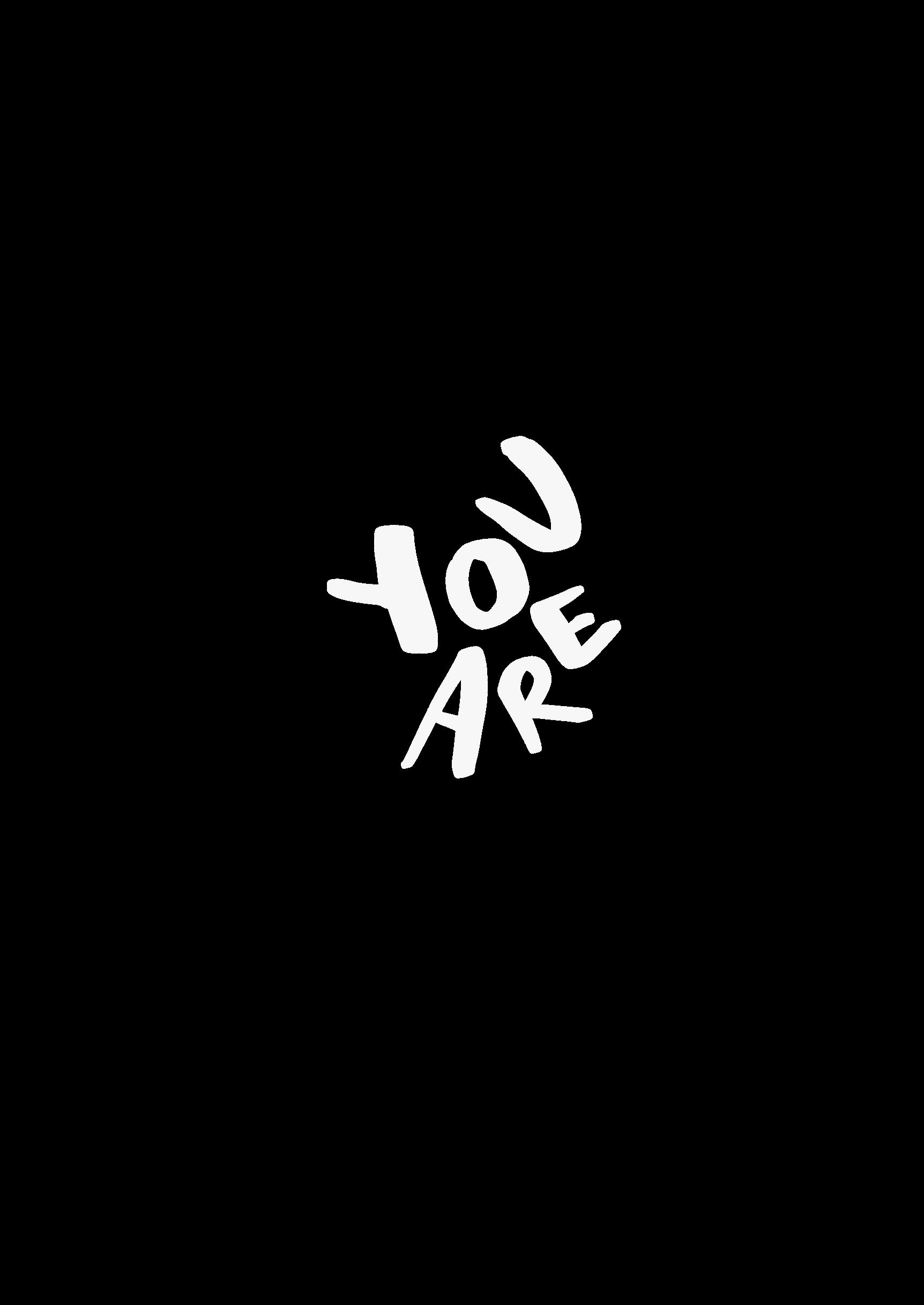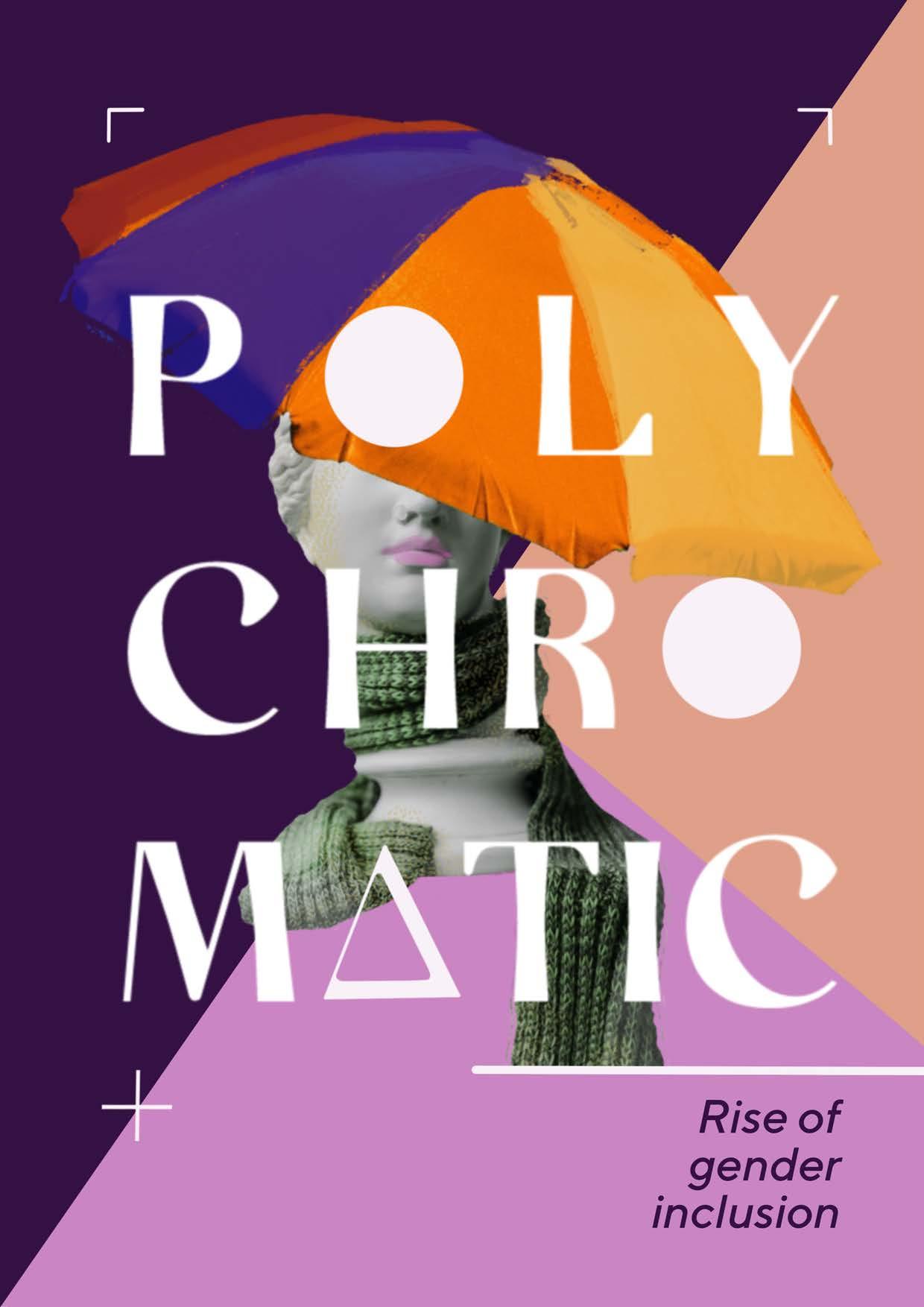

C O N T E C O N T E
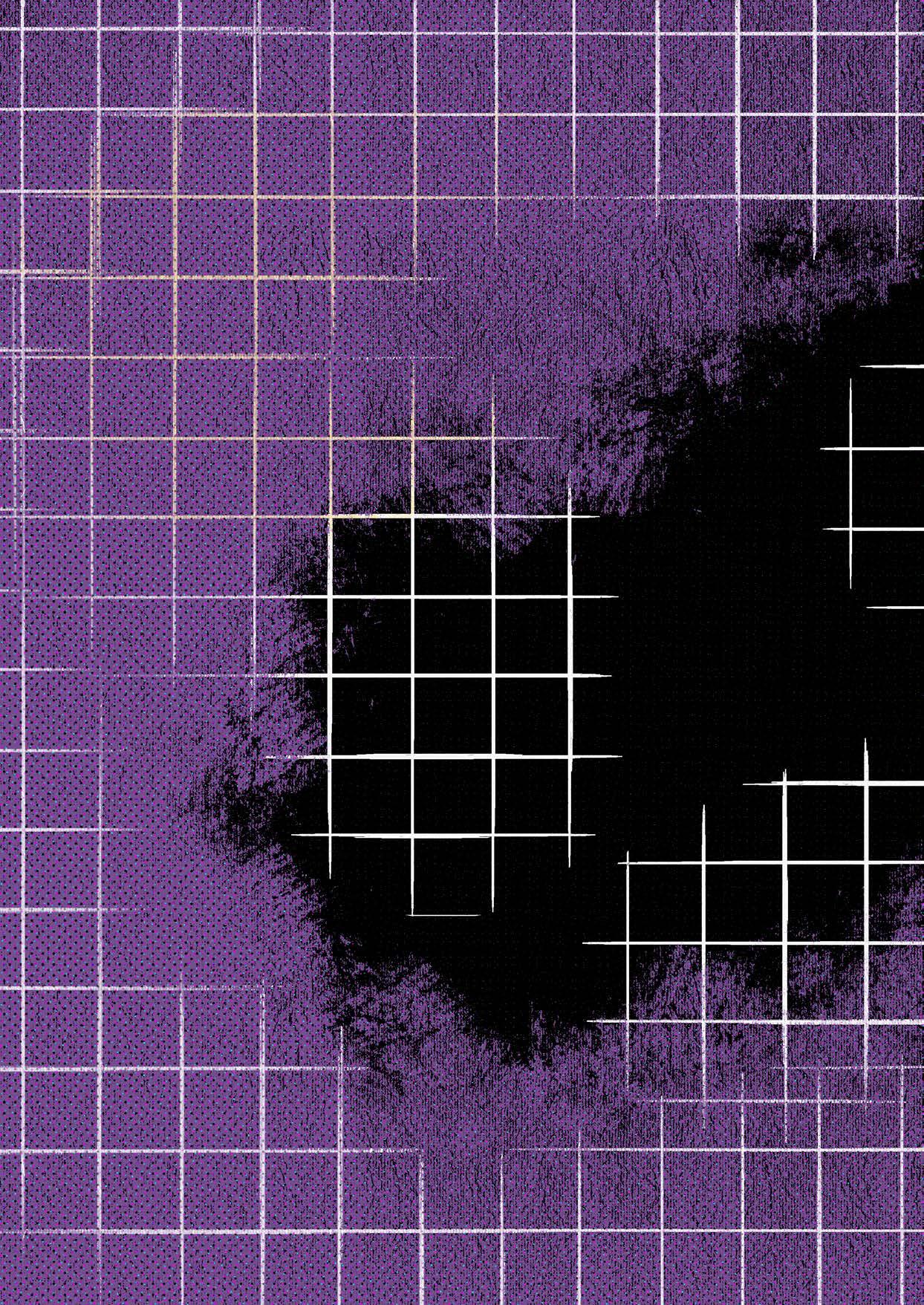

N T S E N T S
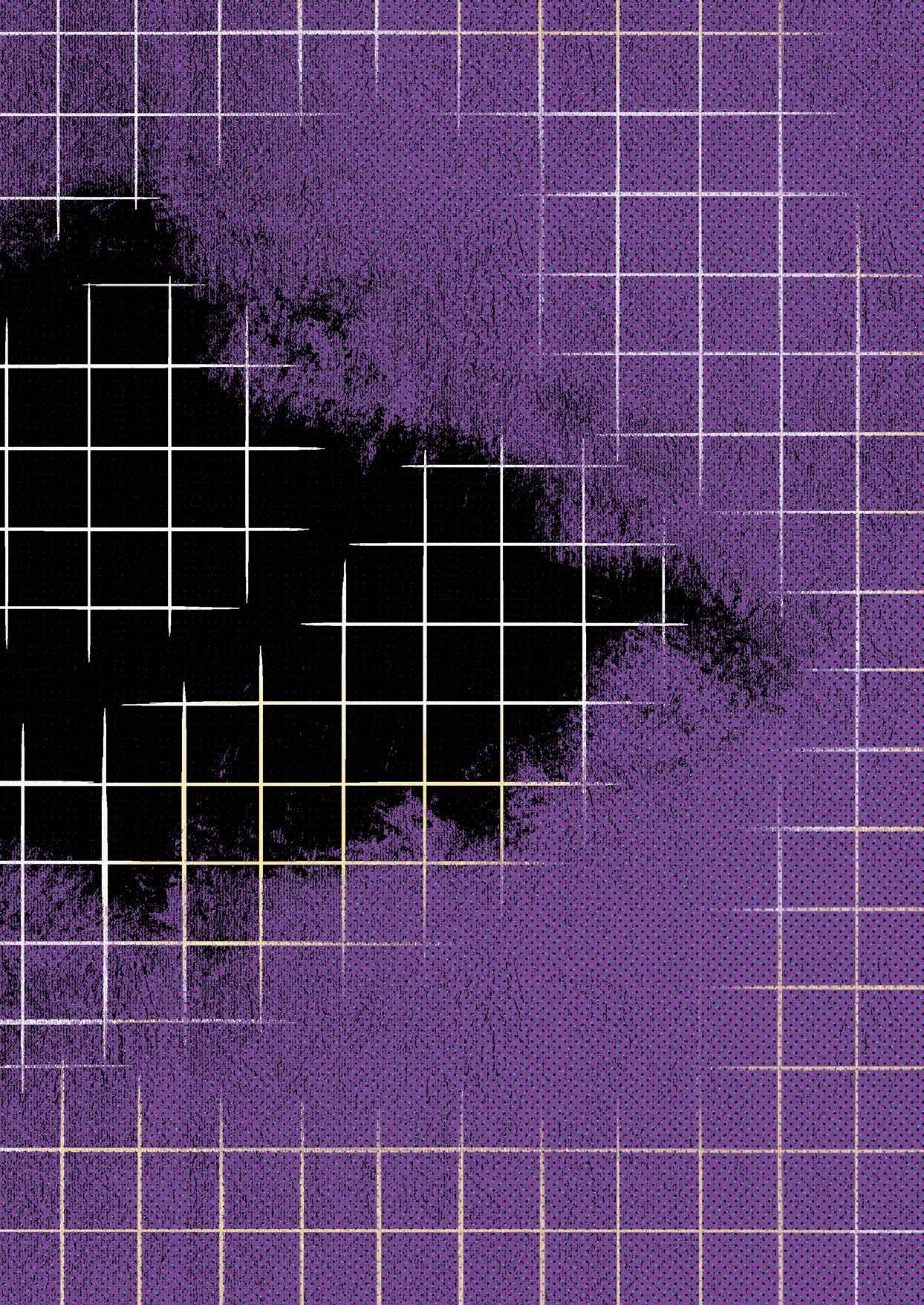
Thomasine Hall (1629)claimed to be both a man and a woman. At the time, there was no name for this phenomenon.
1629

German sexologist Dr. Magnus Hirschfeld coined the term “transvestite” in his book “Die Transvestitenin,” Chevalier d’Eon lived openly as a man and as a woman in France and England at different stages of life, during the 17th and 18th century.
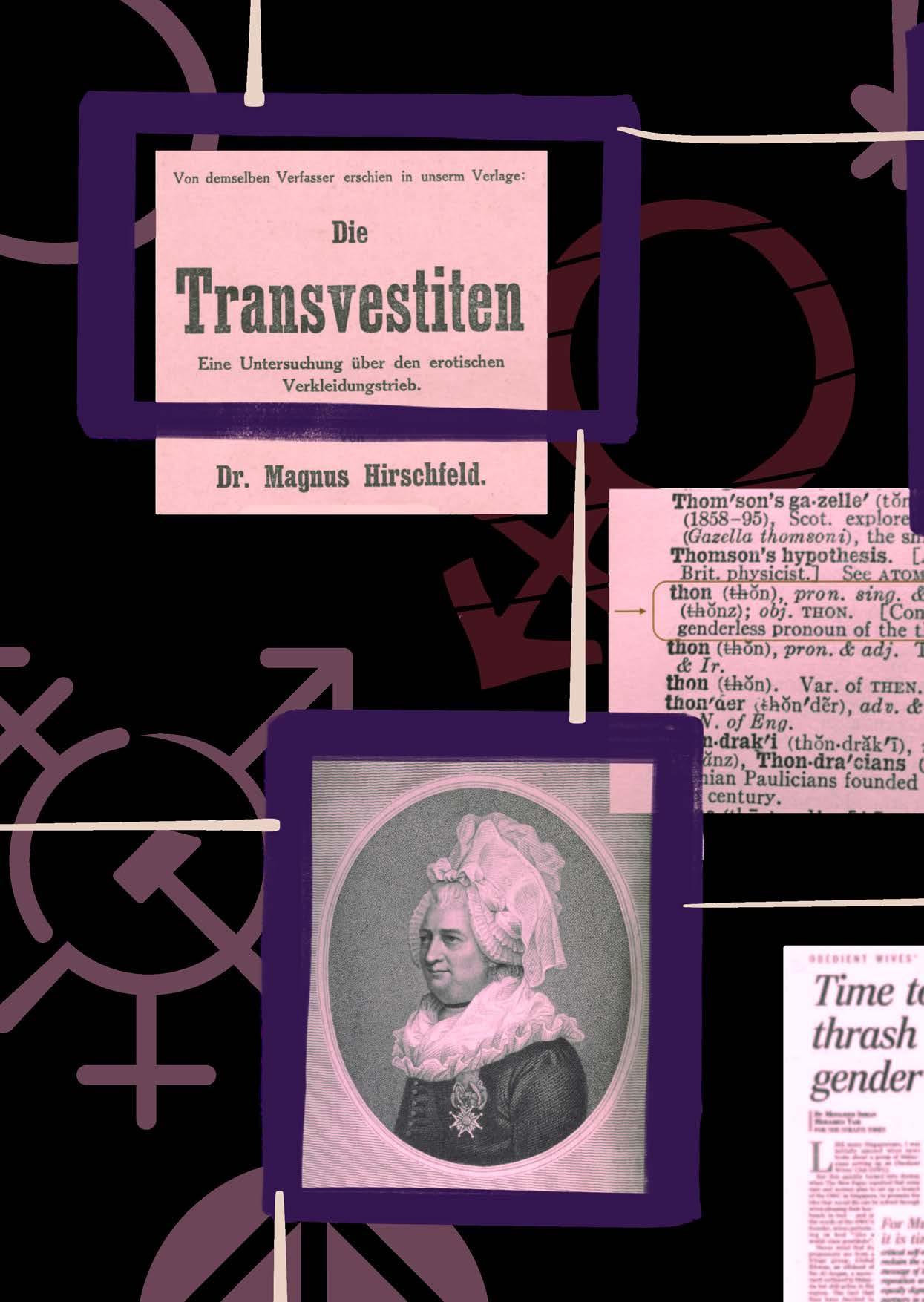
1910
Non-binary
people
1934
400BCE
Recorded history of trans and non-binary existence over 4,000 years and mentions in ancient texts


people have
always existed..
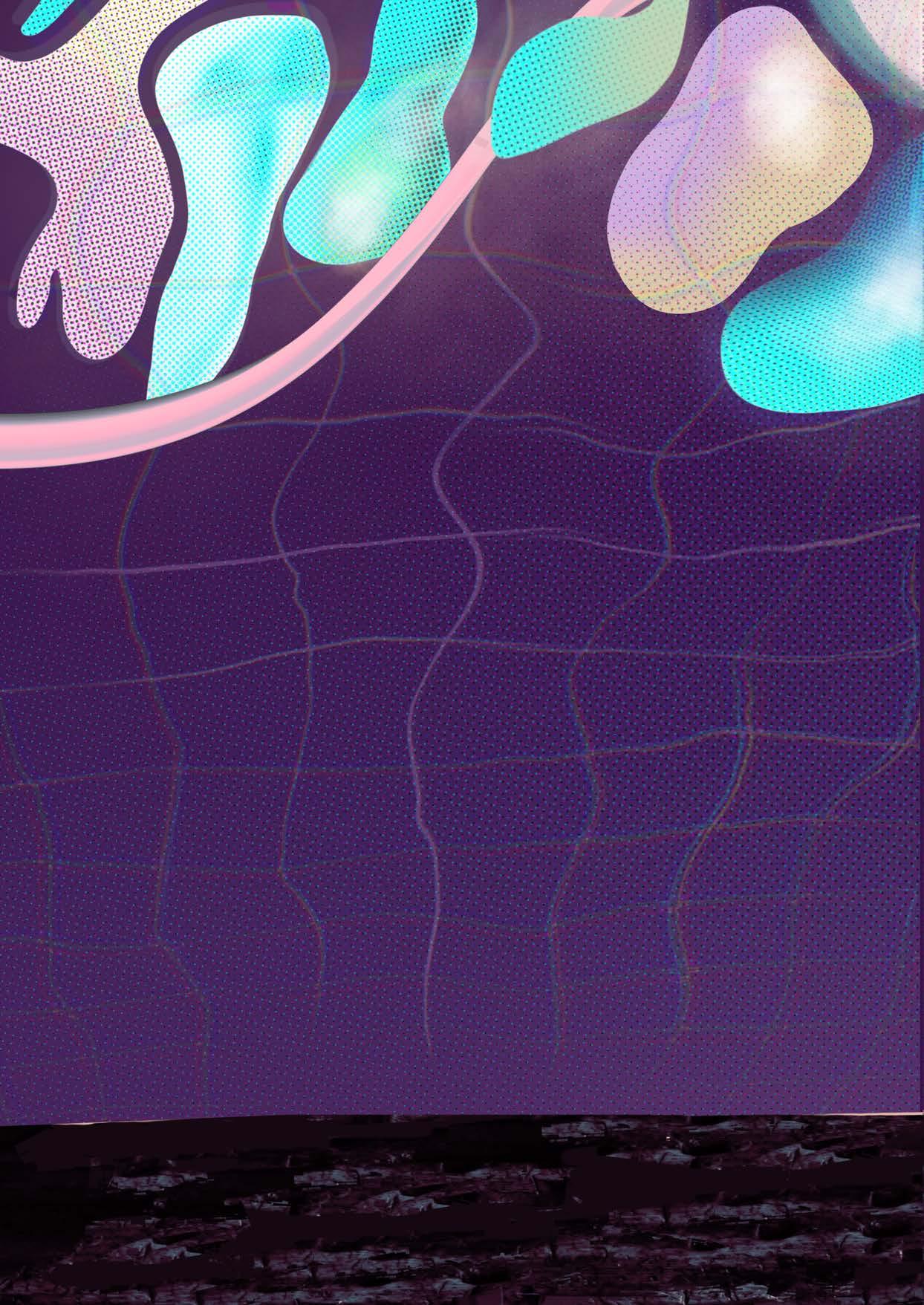
Yet put them in a box?
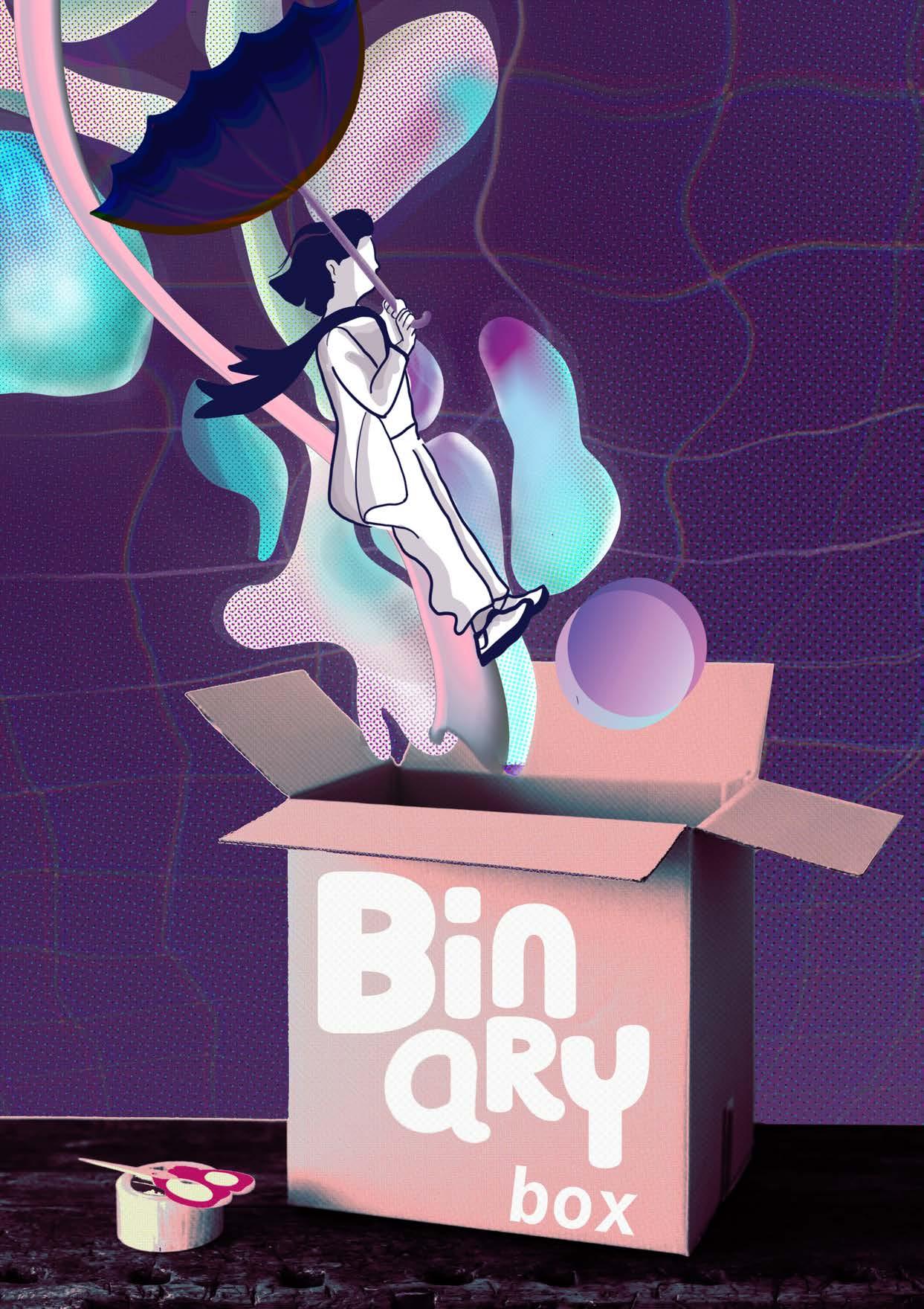

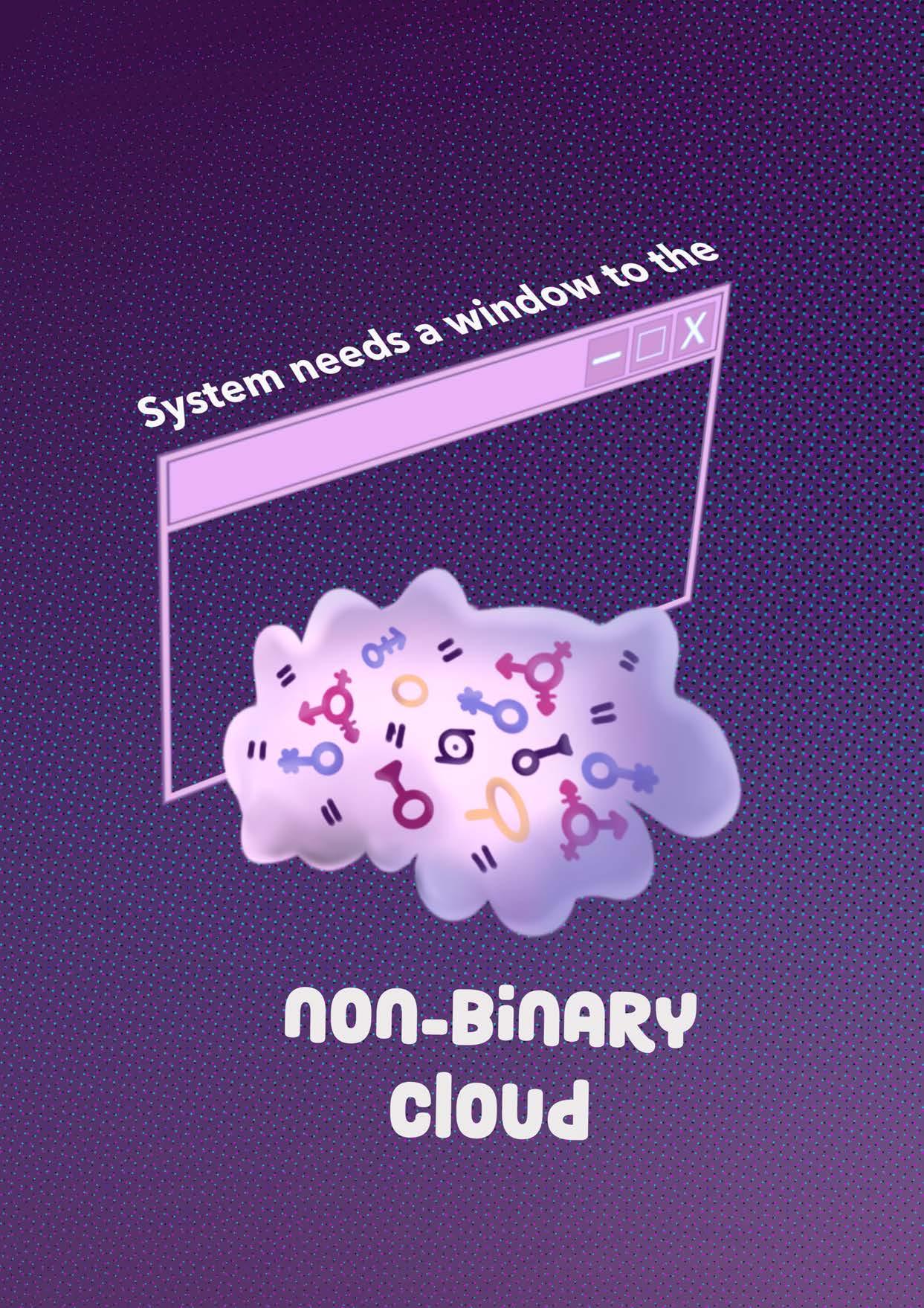

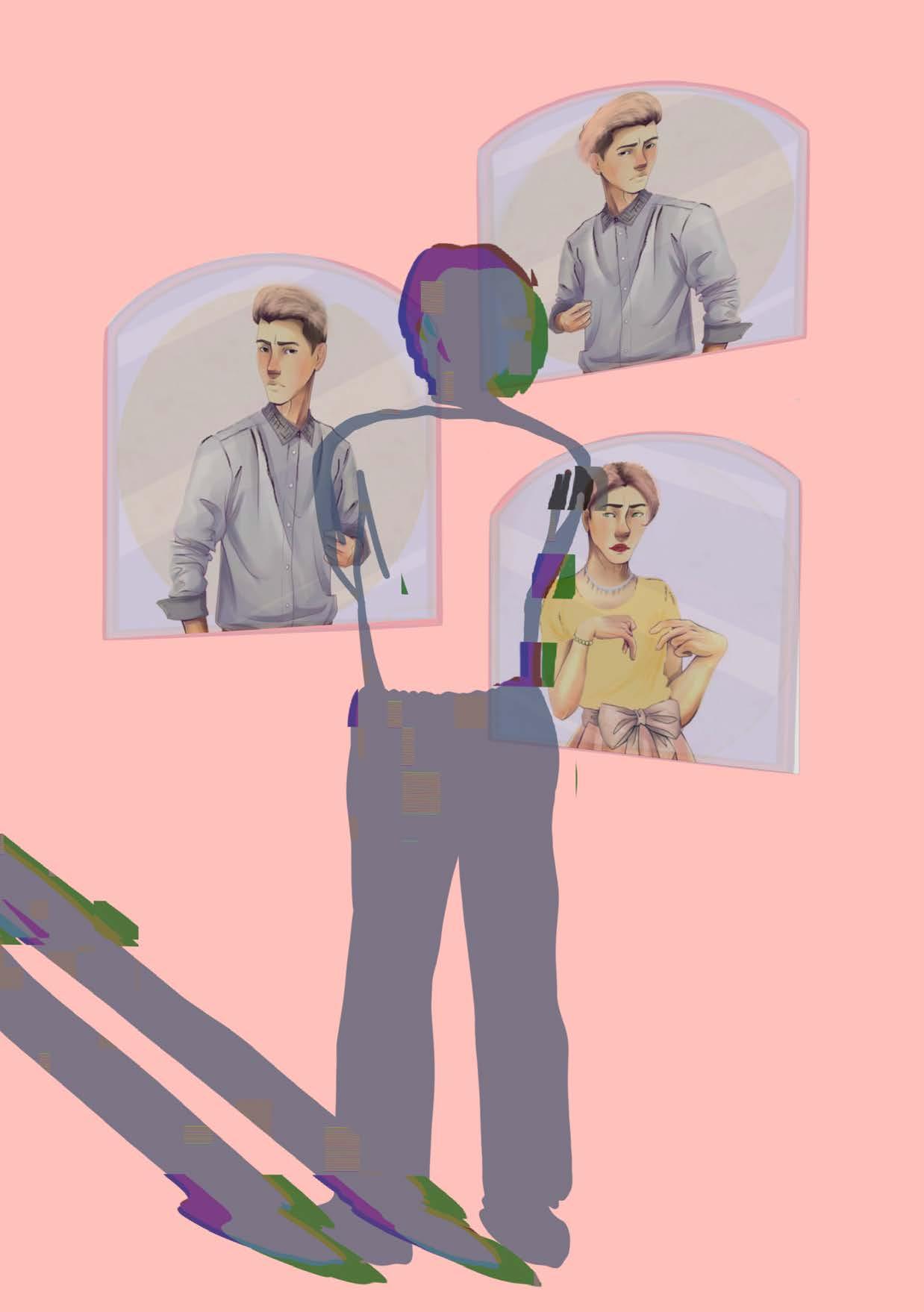



representation validates their experiences and affirms their existence, because it lets them know that they are not alone in their struggles. On the flip side, the lack of representation often encourages hostile environments that are very distressing for queer folks.
ly portrayed as bad or evil people. Consider Singapore’s local Chinese drama, My Guardian Angels.


Gender and mainstream

teenage boys. This archaic and untrue stereotype caused a massive uproar among Singaporeans, and ultimately
it’s like to be discriminated against might not want to be reminded of it again — in other words, these forms of representation can actually become triggering instead of uplifting.
Source : All types of LGBTQ represen tation in media: a comprehensive list, Heckin’ Unicorn
On the surface


Under-representation
Identity?
Microaggression
Subtle yet harmful slights, insults, and prejudices

Religious bias
Bigotry based on religion, is often excused as a valid belief system.
Growth & Evolution
Social constructs
Due to the rigid gender binary that most social constructs adhere to, non-binary & transgender people are often left feeling invisible as their gender identity is not validated within these spheres

Equality
Legal Recognition Under the surface
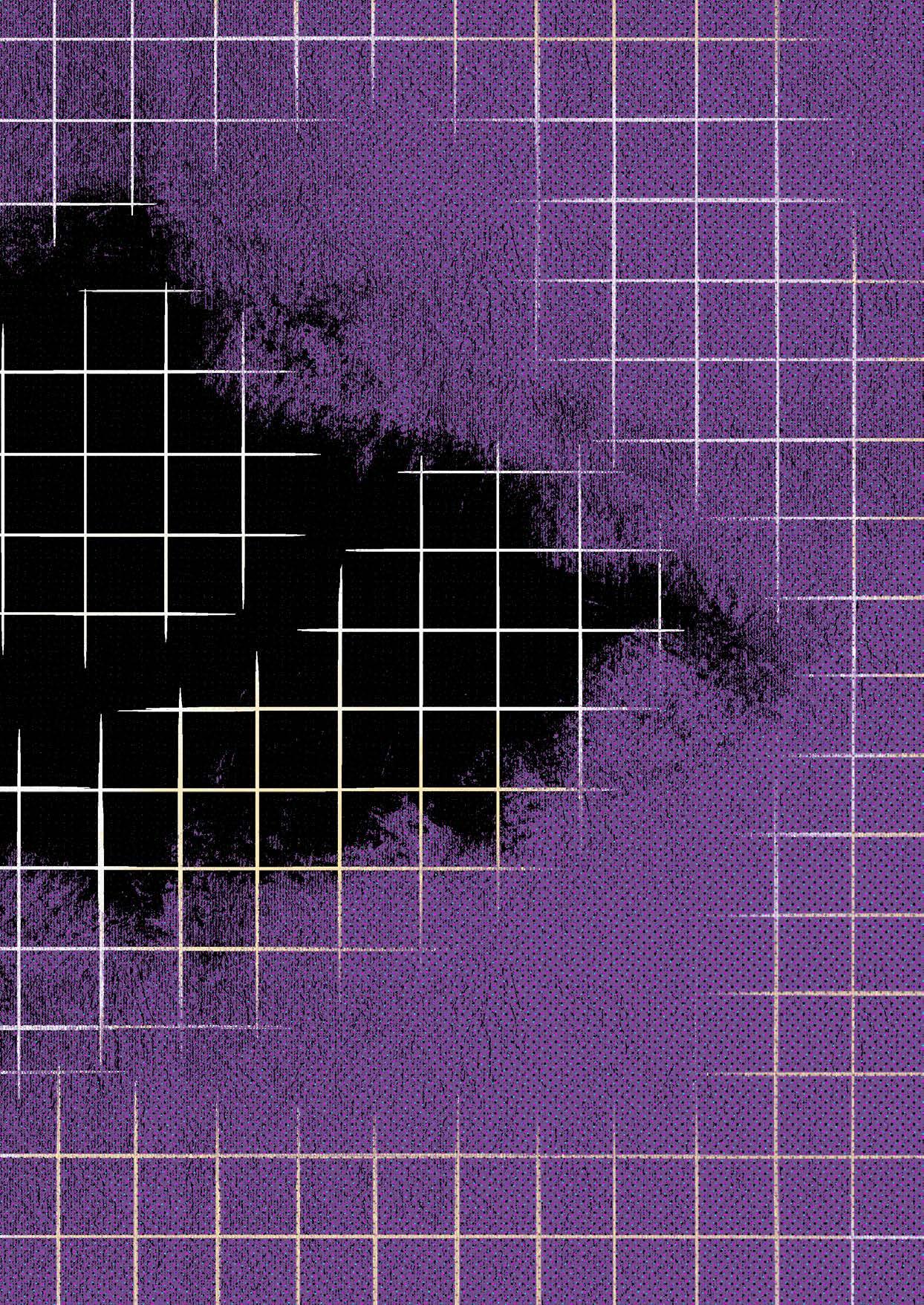

Microaggressions are the everyday slights, insults, put-downs, invalidations and offensive behaviors that people of marginalized groups experience in daily interactions with generally wellintentioned people who may be unaware of their impact. What one might say subtly might come of as harmful in reality.
Microaggressions are reflections of implicit bias or prejudicial beliefs and attitudes beyond the level of conscious awareness.
Impact is more important than intent. Unintentional micro-insults can be avoided and if we rephrase or rethink our comments.
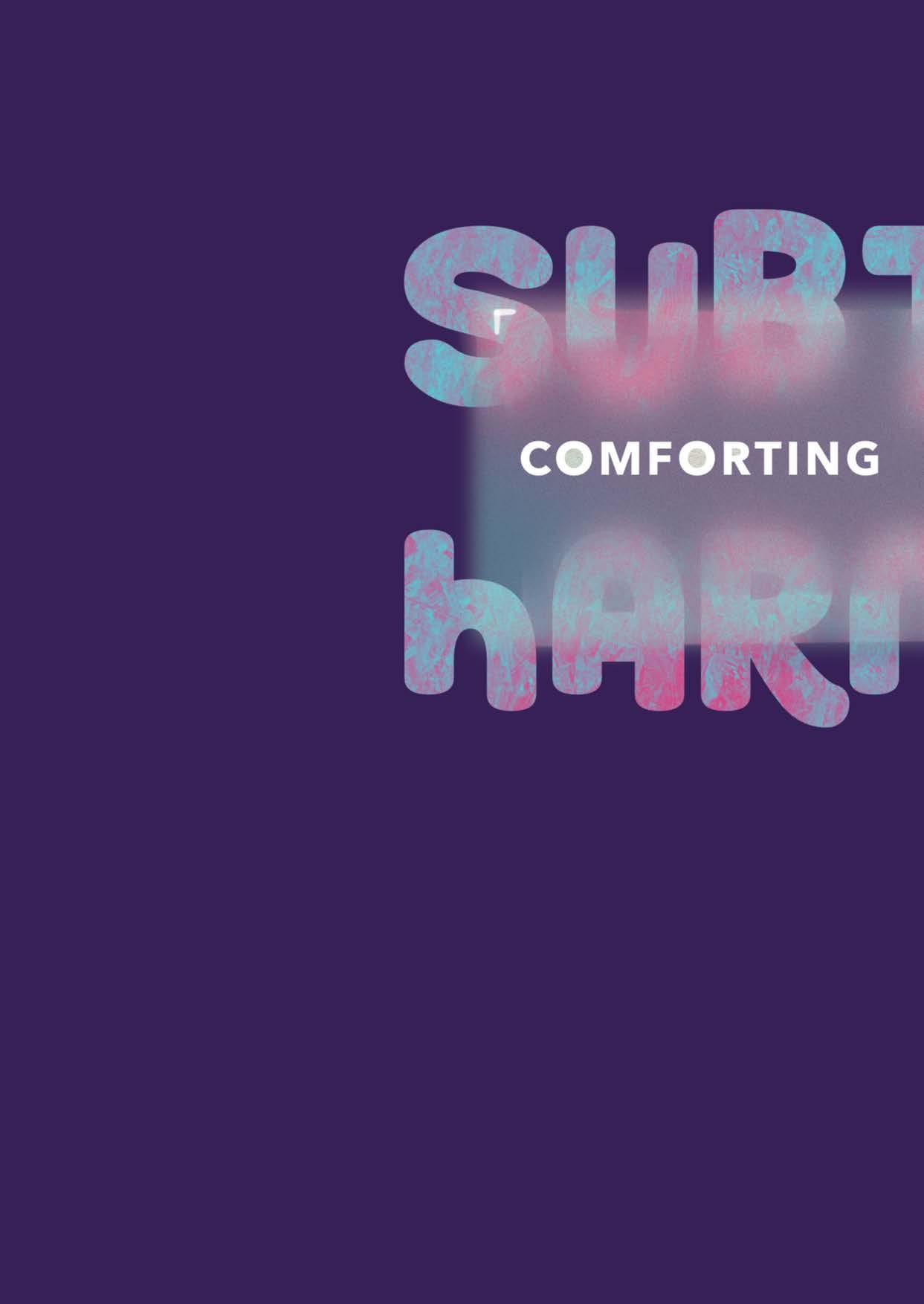
“Oh, I never would have known you’re trans”
“You are more attractive than most ‘regular’ men/women”
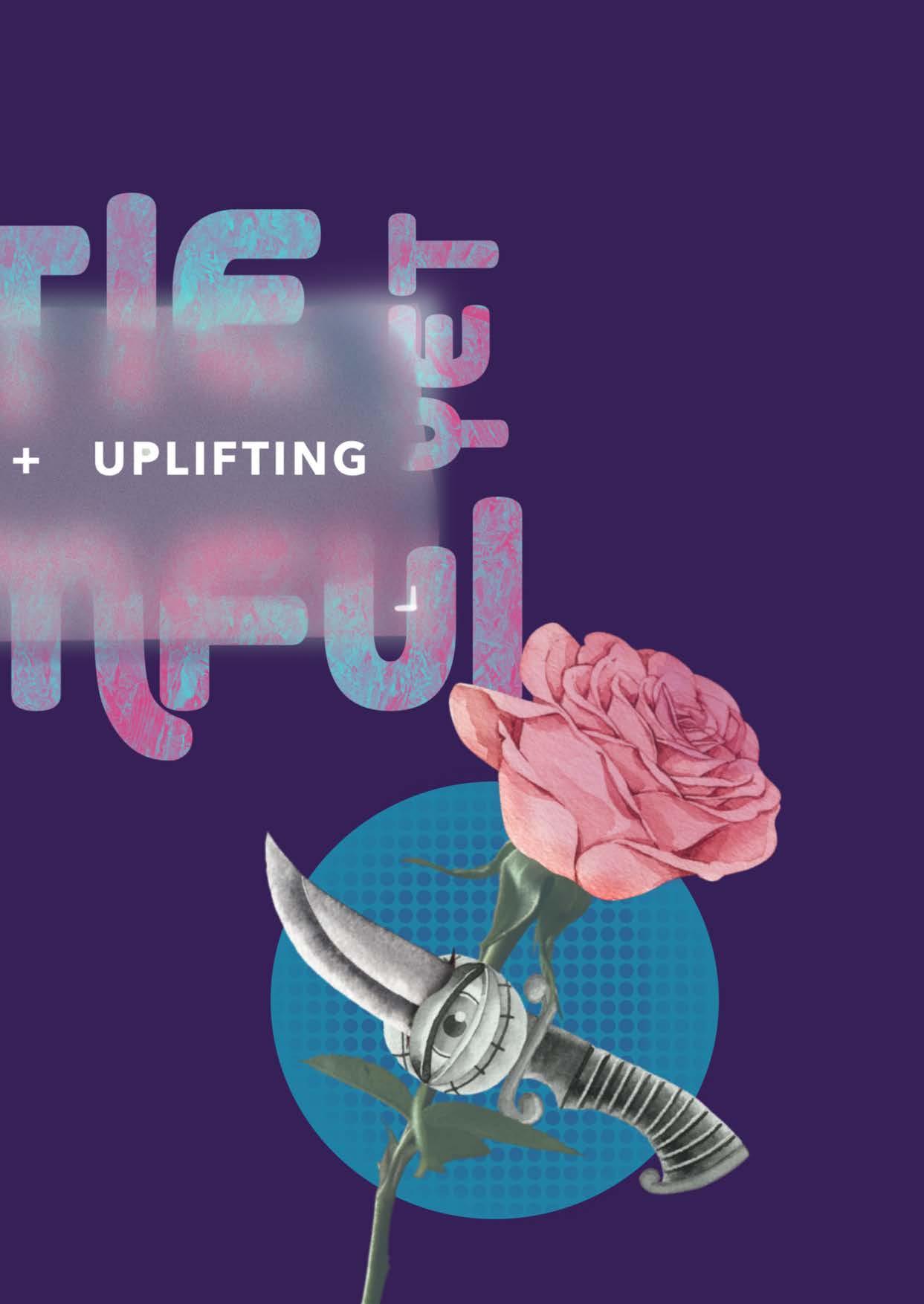
“You would look better if-”

